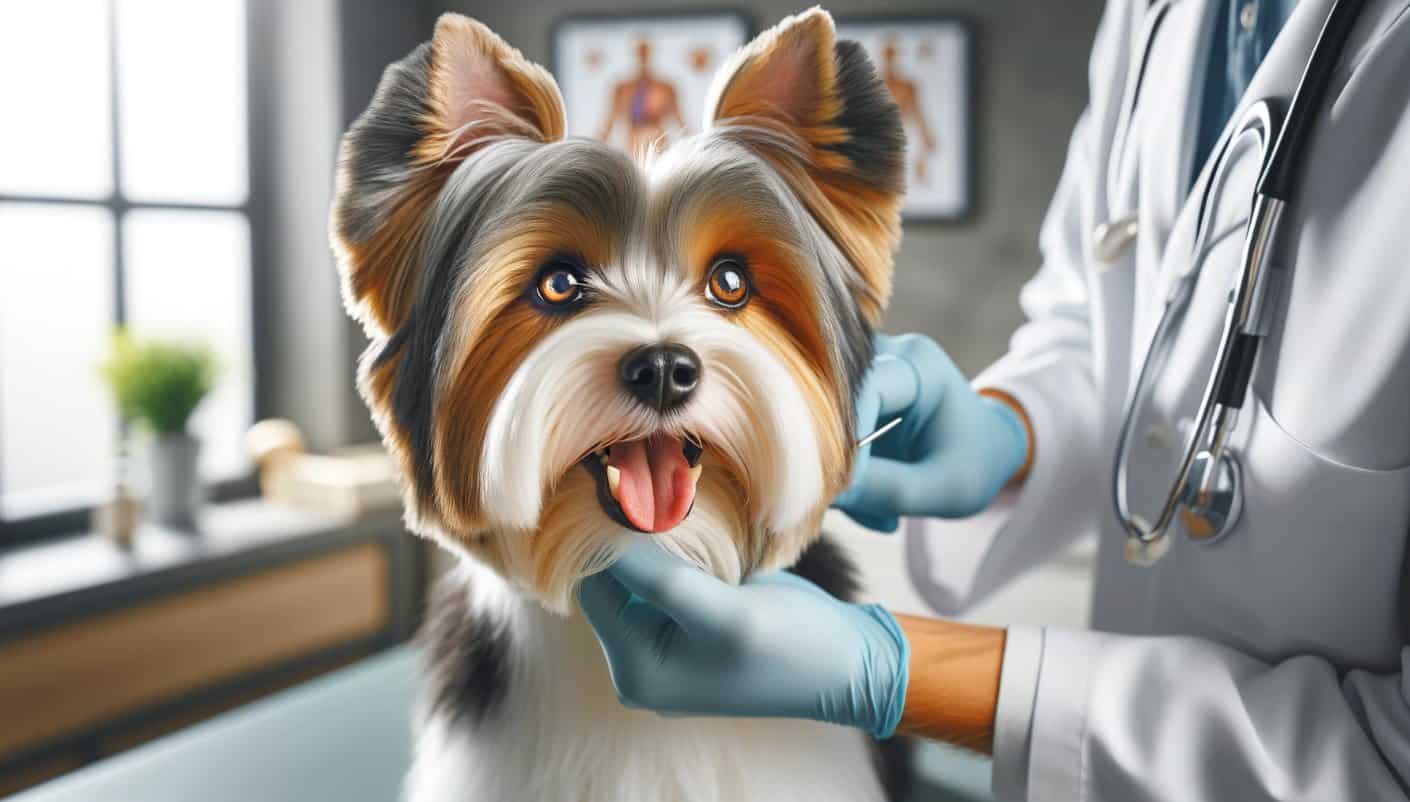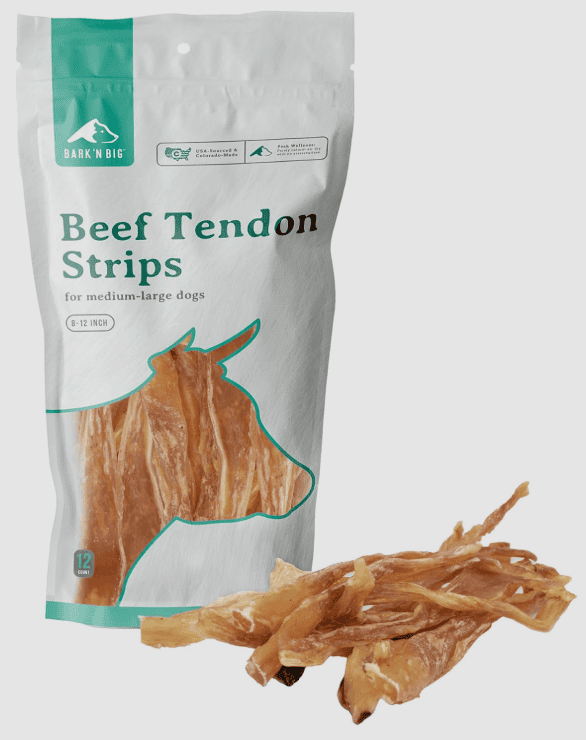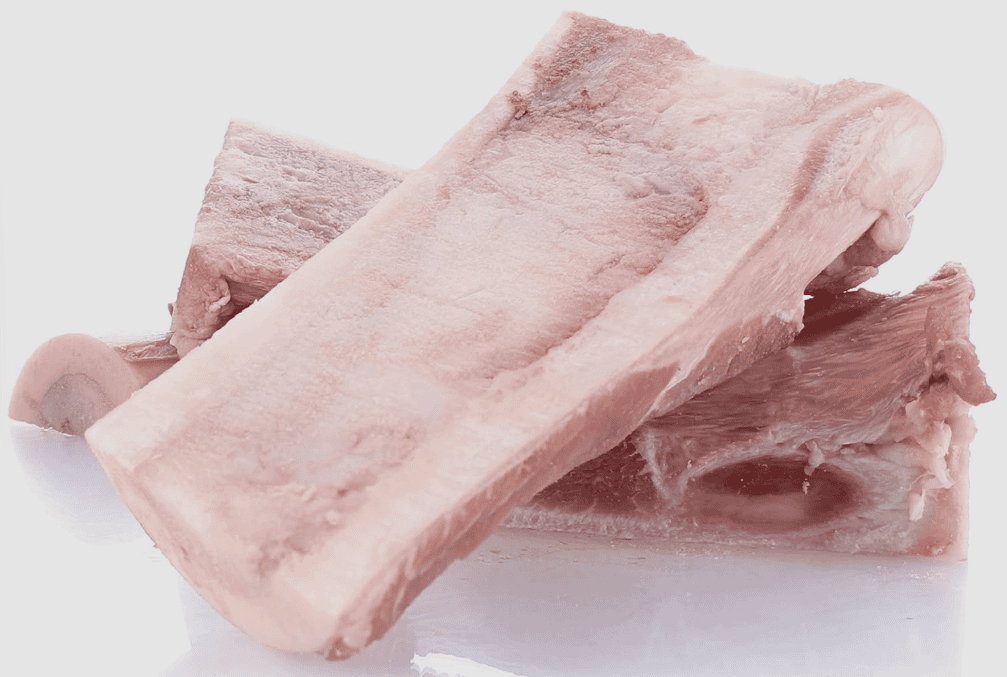Hello there, fellow dog lover! I’m Dr. Candy, your friendly neighborhood holistic vet. Today, let’s talk about something that’s often overlooked but is crucial to your Biewer Terrier’s overall health – their dental health. Yes, you heard it right! Just like us, our furry friends also need their teeth taken care of. Biewer Terrier Dental Health is not just about maintaining those pearly whites but also about ensuring their overall well-being.

Did you know that dental diseases can lead to serious health issues in dogs, including heart and kidney disease? That’s why it’s so important to keep a close eye on your Biewer Terrier’s oral hygiene. From recognizing the signs of dental disease to understanding common dental health issues specific to Biewer Terriers, we’ll cover it all. So, let’s get started on this journey towards ensuring your Biewer Terrier’s teeth are as healthy as can be!
Remember, when it comes to your pet’s health, prevention is always better than cure. So, let’s explore the world of Biewer Terrier Teeth Care together, shall we?

Recognizing the Signs of Dental Disease in Biewer Terriers
As a holistic veterinarian, I’ve seen firsthand how dental disease can impact a dog’s overall health. It’s particularly important for owners of Biewer Terriers to be aware of the signs of dental disease in these adorable little dogs. They may be small, but their dental health needs are just as big as any other breed’s.
One of the first signs of dental disease in Biewer Terriers is, unfortunately, bad breath. While it’s not unusual for dogs to have slightly smelly breath, a sudden change or a particularly foul odor could be a sign of underlying dental problems.
Another sign to look out for is changes in your Biewer Terrier’s eating habits. If they’re suddenly eating less, have lost their appetite, or are showing signs of discomfort while eating, it could be due to dental disease. They may also paw at their mouth or drool more than usual.
A visual inspection can also reveal signs of dental disease. Look out for inflamed, bleeding, or receding gums. Discoloration or tartar buildup on the teeth can also be a sign of dental disease, as can loose or missing teeth.
Behavioral changes can also indicate dental problems. If your Biewer Terrier seems more irritable or less playful than usual, dental pain could be the cause.
Remember, Biewer Terriers are known for their lively and cheerful demeanor. Any changes in this behavior might be a sign of discomfort or pain.
Regular Dental Check-ups are Vital
Regular dental check-ups are vital for spotting the signs of dental disease early. As a holistic vet, I believe in the power of prevention. Catching dental disease early can prevent more serious health issues down the line and can help keep your Biewer Terrier’s mouth healthy and pain-free.
In the world of Biewer Terrier Dental Health, the best approach is always a proactive one. By understanding the signs of dental disease, you can ensure your furry friend stays happy, healthy, and ready to flash that adorable Biewer Terrier smile.
Remember, your Biewer Terrier can’t tell you when their mouth hurts. It’s up to you to look out for these signs and take action to protect their dental health.
Common Dental Health Issues In Biewer Terrier
As a veterinarian, I’ve seen a variety of dental health problems in Biewer Terriers. These dogs are known for their playful personalities and beautiful coats, but they’re also prone to certain dental issues. Let’s dive into some of the most common ones.
- Periodontal Disease: This is a common issue in small breeds like the Biewer Terrier. It’s caused by plaque buildup, which can lead to gum inflammation and tooth loss if not treated.
- Bad Breath: Also known as halitosis, bad breath in Biewer Terriers can be a sign of underlying dental problems such as periodontal disease or tooth decay.
- Tooth Decay: Just like humans, Biewer Terriers can suffer from tooth decay. This usually happens when food particles and bacteria accumulate on their teeth.
- Broken Teeth: Biewer Terriers love to chew, and sometimes this can lead to broken teeth. This can be painful and can lead to infections if not addressed promptly.
Remember, Biewer Terrier Dental Health is crucial for your pet’s overall well-being. Regular dental check-ups, proper nutrition, and good oral hygiene practices can help prevent these common issues. As a pet parent, it’s your responsibility to ensure your Biewer Terrier’s teeth are as healthy as possible.

Conventional Dental Health Treatments
When it comes to maintaining your Biewer Terrier’s dental health, there are a few conventional treatments that are commonly used. These can be effective, but it’s important to be aware of the potential health obstacles that could arise.
Anesthetic Dental Cleanings
The first, and most common, is anesthetic dental cleanings. This procedure involves putting your Biewer Terrier under anesthesia so that a deep cleaning can be performed on their teeth and gums. This can be very effective in removing plaque and tartar build-up, and can help to prevent the progression of dental disease. However, it’s worth noting that this procedure does come with the risk of anesthesia-related complications, particularly in dogs with pre-existing health conditions.
Potential Individual Health Obstacles
When considering anesthetic dental cleanings, it’s important to take into account your Biewer Terrier’s individual health status. Some dogs, particularly those of extreme age, with heart problems, drug sensitivities, or a history of seizures, may be at increased risk for complications. Therefore, it’s crucial to have a thorough discussion with your vet about the potential risks and benefits before opting for this procedure.
For dogs with heart problems, the anesthesia could potentially put a strain on their cardiovascular system. Dogs with drug sensitivities may experience adverse reactions to the anesthesia or the medications used during the procedure. If your Biewer Terrier has a history of seizures, the anesthesia could potentially trigger a seizure episode. And for dogs of extreme age, the risk of complications increases simply due to their advanced age and potential overall health decline.
In conclusion, while conventional dental health treatments like anesthetic dental cleanings can be effective, they are not without risks. Therefore, it’s important to consider your Biewer Terrier’s individual health status and discuss all potential risks and benefits with your vet before deciding on the best course of action for maintaining your dog’s dental health.
As a pet parent, you want to provide the best care for your Biewer Terrier, and that includes maintaining their dental health. Traditional dental treatments can be effective, but they’re not the only solution. Dr. Candy, a renowned veterinary dentist, offers a holistic approach to oral and dental health that’s worth considering.
Diet: Low Carbs, Avoid Added Sugars, Enzymes In Fresh Food
One of the most crucial aspects of Dr. Candy’s approach is the diet. Like humans, dogs’ dental health can be significantly impacted by what they eat. A diet high in carbohydrates and added sugars can lead to plaque buildup, tooth decay, and gum disease.
- Low carbs: By feeding your Biewer Terrier a diet low in carbohydrates, you can help prevent plaque from forming on their teeth. This is because carbs can stick to the teeth and provide a breeding ground for bacteria.
- Avoid added sugars: Sugars can also contribute to dental problems in dogs. They can lead to tooth decay and other dental problems. Therefore, it’s essential to avoid foods with added sugars.
- Enzymes in fresh food: Fresh foods are rich in natural enzymes that can help maintain your dog’s oral health. These enzymes can help break down plaque and tartar, reducing the risk of dental disease. Examples of enzyme-rich foods include raw fruits and vegetables, and raw meaty bones.
Oral Health Specific Probiotics
Another crucial part of Dr. Candy’s holistic approach is the use of probiotics specifically designed for oral health. Probiotics are beneficial bacteria that can help balance the oral microbiome, reducing harmful bacteria that can cause dental disease.
Dr. Candy recommends Probiora for Dogs, an oral health targeted probiotic. This product is designed to support your dog’s oral health by introducing beneficial bacteria into their mouth. Regular use can help maintain a healthy balance of bacteria, reducing the risk of dental disease and bad breath.
By following Dr. Candy’s holistic approach to Biewer Terrier Dental Health, you can help ensure that your furry friend has a healthy and happy mouth. Remember, a healthy mouth is not just about fresh breath, but also about overall health and wellbeing.

When it comes to maintaining your Biewer Terrier’s dental health, it’s crucial to understand that not all dental chews and products on the market are effective or even healthy. Unfortunately, numerous commercially promoted dental chews fall short of their promises. Many of these products contain a high amount of artificial ingredients and preservatives that can lead to various health issues in your dog. Drinking water additives, for example, can harm the beneficial bacteria in your dog’s gut, disrupting their overall health.
The Failure of Commercially Promoted Dental Chews
Common dental chews often contain additives, artificial colors, and flavors that can be harmful to your Biewer Terrier’s health. These ingredients can lead to digestive issues, allergies, and even have long-term impacts on your dog’s overall health. Plus, many of these chews are not designed to effectively clean your dog’s teeth, meaning they do little for your pet’s oral hygiene. So, while they might be a quick and easy option, they’re not necessarily the best choice for your furry friend’s dental health.
Dr. Candy’s Recommended Dental Chews & Products
Instead of relying on commercially produced chews, Dr. Candy recommends single source natural proteins for your Biewer Terrier’s dental health. These include:
Tendons
Tendons are a fantastic natural chew for your Biewer Terrier. They are tough and fibrous, which helps to scrape off plaque and tartar from your dog’s teeth. Plus, they are a good source of protein and collagen, promoting good joint health.

Raw Marrow Bones
Raw marrow bones are another excellent choice for maintaining your dog’s dental health. They are a natural source of calcium and phosphorus, which are essential for healthy teeth and bones. Furthermore, the act of gnawing on bones can help to clean your dog’s teeth and gums.

Bully Sticks
Bully sticks are made from 100% beef muscle, providing a natural and digestible chew for your dog. They can effectively remove plaque and tartar and are a good source of protein. However, always supervise your dog while they’re chewing on a bully stick to prevent any choking hazard.

These natural options not only promote good oral health but also provide your dog with necessary nutrients. It’s also important to ensure that these products are appropriately sized for your Biewer Terrier to avoid any choking hazards.
While these natural chews can significantly contribute to your pet’s oral hygiene, they should be used in conjunction with regular teeth brushing and professional dental cleanings. Remember, the goal is to ensure your Biewer Terrier maintains optimal dental health throughout their life.
When it comes to your Biewer Terrier’s dental health, always choose products that are natural, safe, and effective. It’s not just about fresh breath, but ensuring your pup has a healthy and happy life.
Frequently Asked Questions
1. How can I prevent bad breath in my Biewer Terrier?
Regular brushing of your Biewer Terrier’s teeth is essential to prevent bad breath. Use a dog-specific toothbrush and toothpaste to clean their teeth at least 2-3 times a week. Additionally, provide them with dental chews or toys designed to promote oral hygiene.
2. What are some signs of dental problems in Biewer Terriers?
Some common signs of dental problems in Biewer Terriers include bad breath, swollen or bleeding gums, tartar buildup, loose or missing teeth, difficulty eating, and excessive drooling. If you notice any of these signs, it is important to consult a veterinarian for a dental examination.
3. Can diet affect my Biewer Terrier’s dental health?
Yes, diet plays a significant role in maintaining good dental health for your Biewer Terrier. Feeding them a balanced diet that includes high-quality dog food and avoiding excessive sugary treats can help prevent dental issues. Additionally, certain dental-specific diets or dental treats can aid in reducing plaque and tartar buildup.
4. How often should I schedule professional dental cleanings for my Biewer Terrier?
Professional dental cleanings should be scheduled at least once a year for Biewer Terriers. However, the frequency may vary depending on your dog’s individual dental health and the recommendation of your veterinarian. Regular dental check-ups will help identify any potential issues early on and prevent them from worsening.
5. Are there any home remedies for bad breath in Biewer Terriers?
While there are some home remedies that may temporarily freshen your Biewer Terrier’s breath, such as adding parsley to their food or using breath freshening sprays, it is important to address the underlying cause of bad breath. Regular dental care, including brushing their teeth and providing appropriate dental hygiene products, is the most effective way to combat bad breath in Biewer Terriers.
